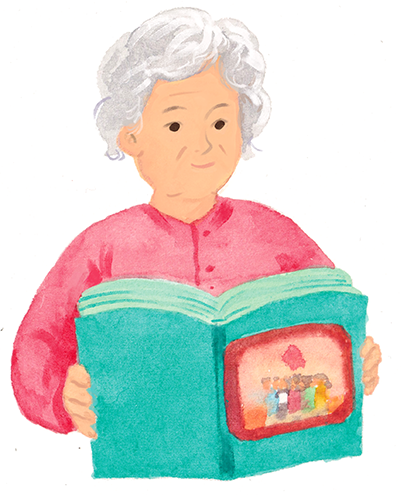What is catastrophising?
- It means always believing things will turn for the worst or that everything is no big deal.
How to balance such a belief?
Example for believing things will turn for the worst:
- "He will soon be chair-bound if he doesn't do physical exercise every day. We will be in big trouble."
- A positive and more adaptive belief:
"He will soon be chair-bound if he doesn't do physical exercise every day. We will be in big trouble."
- A positive and more adaptive belief:
"He did not do any physical exercise the other day, but nothing dramatic happened. Maybe it is OK for him to skip one day."
- A positive and more adaptive belief for oneself:
"I have the choices to continue worrying or to start thinking about how to persuade him tomorrow."
Example for believing that everything is no big deal:
- "It is normal for old people to stumble along. It is no big deal."
- A positive and more adaptive belief:
"(Someone) is also in his eighties, but he walks fast and vigorously. Maybe being old doesn't mean he has to stumble along."
- A positive and more adaptive belief for oneself:
"I have the choice to continue to shrug off his condition or to consult a physician or physiotherapist."
